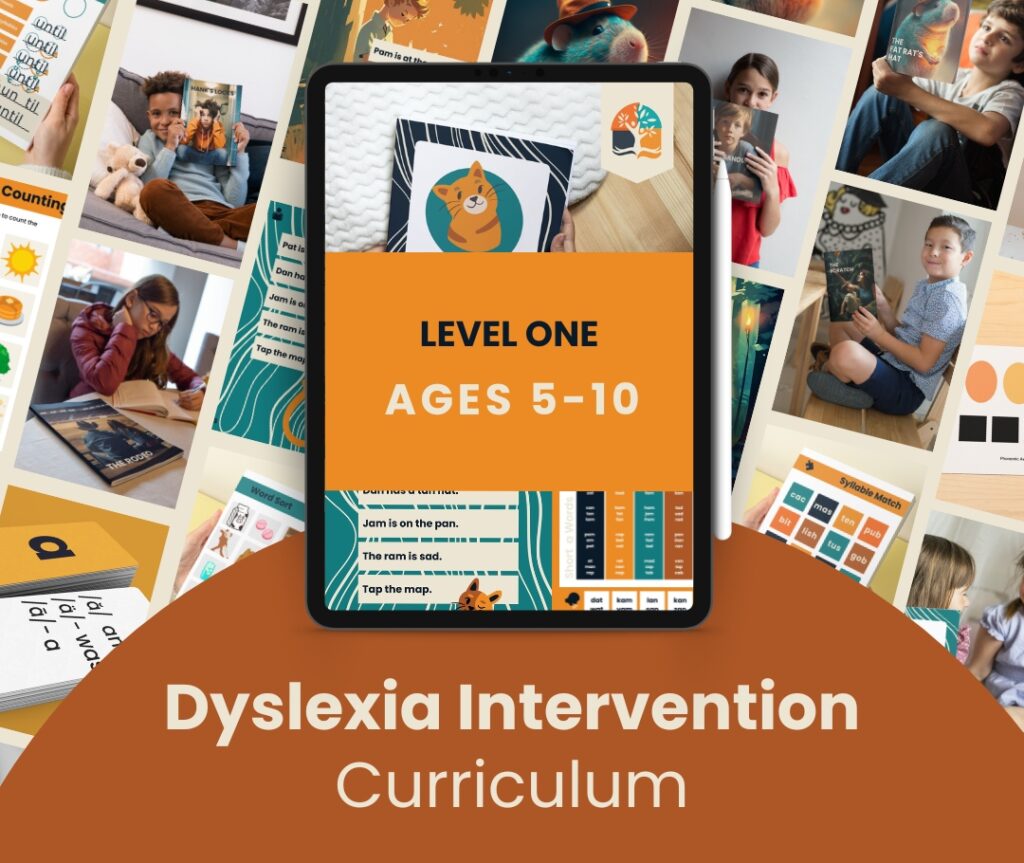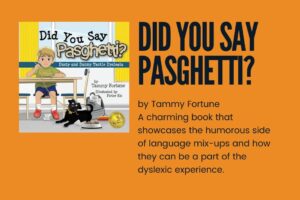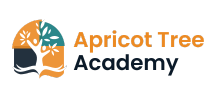
Common Misconceptions About Dyslexia: Breaking the Myths
I remember the first time someone told me that dyslexia just meant “seeing letters backwards.” At the time, I didn’t know much about it myself, but something about that statement didn’t sit right with me. Years later, after working with so many incredible individuals with dyslexia, I know just how far from the truth that idea is.
Dyslexia is one of the most misunderstood learning differences, and these common misconceptions can make life harder for those who experience it. So, let’s clear the air and set the record straight.
Myth #1: Dyslexia is Just About Reversing Letters
This is probably the most common misconception. While some individuals with dyslexia might confuse certain letters like ‘b’ and ‘d,’ dyslexia is much more than that. It’s a language-based learning difference that affects reading, writing, and spelling. It has nothing to do with eyesight—it’s all about how the brain processes written language. Learn more about dyslexia and how it affects learning here.
Myth #2: People with Dyslexia Aren’t Smart
This one hurts the most because it couldn’t be further from the truth. Some of the brightest minds in history, including Albert Einstein and Leonardo da Vinci, are believed to have had dyslexia. Dyslexia has nothing to do with intelligence. In fact, many people with dyslexia are highly creative, innovative thinkers who excel in problem-solving. Discover strengths of dyslexic learners.
Myth #3: Kids with Dyslexia Just Need to Try Harder
If only it were that simple! Dyslexia isn’t about effort; it’s about needing the right tools and strategies. Telling a child to “just read more” without proper intervention is like asking someone with poor eyesight to “just squint harder.” Structured literacy programs and multisensory teaching methods make a world of difference. Explore effective dyslexia teaching strategies.
Myth #4: Dyslexia Can Be Outgrown
Dyslexia isn’t something a person “grows out of”—it’s a lifelong difference. However, with the right support, individuals with dyslexia can become strong, confident readers and writers. Early intervention is key, but accommodations and strategies continue to be helpful into adulthood. Read about the importance of early intervention.
Myth #5: Dyslexia Only Affects Reading
While reading challenges are a hallmark of dyslexia, they’re not the only struggle. Dyslexia can also affect spelling, writing, memory, and even organization. Some people with dyslexia might find it difficult to recall specific words or struggle with sequencing information. It’s a broad and varied experience. Find out how dyslexia impacts learning beyond reading.
Why Busting These Myths Matters
Understanding the truth about dyslexia is the first step in providing meaningful support. If you or a loved one is struggling with dyslexia, you don’t have to navigate this journey alone. Our specialized dyslexia intervention program at Apricot Tree Academy is designed to help learners build essential reading and writing skills through evidence-based strategies. Take the next step toward success—learn more about our program today and give the gift of confidence and literacy. Click here to explore our dyslexia intervention services.

You may also like

Book Review: Did You Say Pasghetti?

Book Review: One in Five

